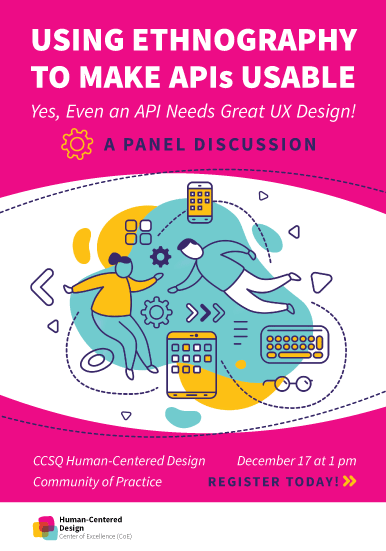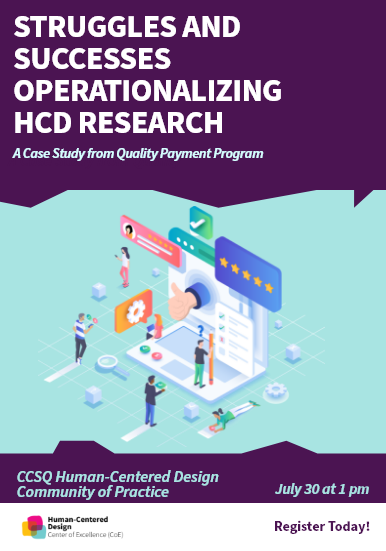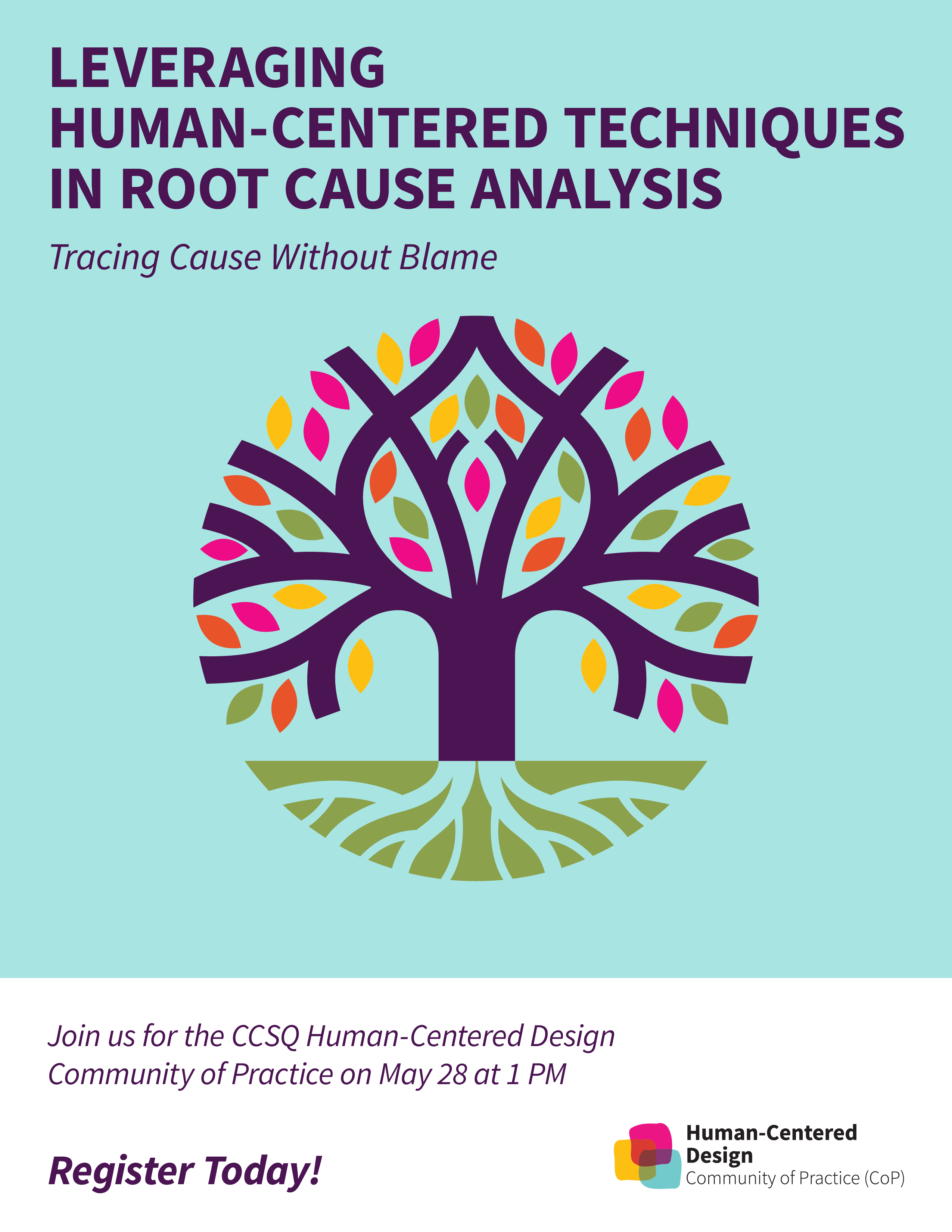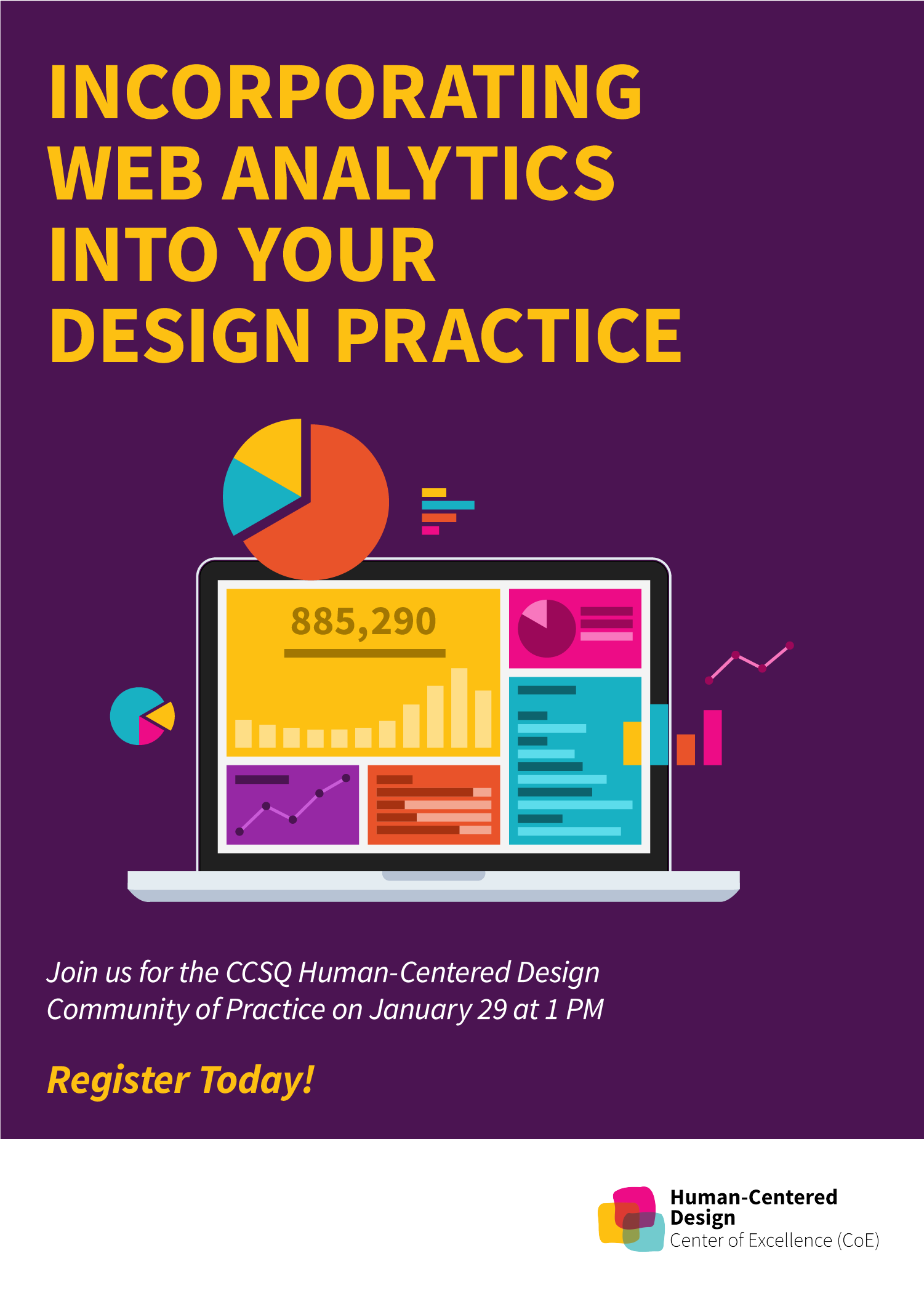Every November, communities come together to celebrate how we can make the world easier for everyone. On Wednesday, November 10, ISG will host their 3rd annual program to explore this year’s theme, Design of Our Online World: Trust, Ethics, and Integrity.
With this theme, we seek to examine online products and design systems that are helping us to stay connected and to learn and grow during these transformational times. We also aim to address critical issues like dark patterns, ethical design, designing for trust, and designing for diversity, equity, and inclusion. We look forward to learning with you through presentations, panel discussions, and activities throughout the day.
Look for more information in the future. If you are interested in contributing to the program, please see our Call for Speakers.
Save the date: Wednesday, November 10, 2021.
Welcome to embedded, an online publication packed with timely content about all things human-centered design!
Published bi-monthly, embedded will now be delivered directly to your inbox. Each issue will encompass articles, videos, and interactive content concentrating on a central theme. You’ll learn about theme-related Human-Centered Design (HCD) methodologies, case studies, best practices, insider tips, and even applicable personal experiences presented by your colleagues in CCSQ.
The theme of this inaugural issue is “EMPATHY.” Inside you’ll find:
- Walking in Someone Else's Shoes: A guide to Empathy
- Empathy Mapping: First Steps
- Leveraging Personas to make better Business Decisions
- HCD in Action: An Experience in Empathy, Hospice Care
- Empathy: The Human Connection to Patient Care (video)
- Practitioner Profile: Stephanie Ray
In addition to valuable theme-related content, you’ll discover upcoming HCD training and coaching opportunities; industry events; bios of fellow HCD practitioners; how-to videos; and access to practical HCD tools and resources.
Start flipping through the pages of embedded right now. Enjoy!
 ISG Playbook
ISG Playbook APIs
APIs












